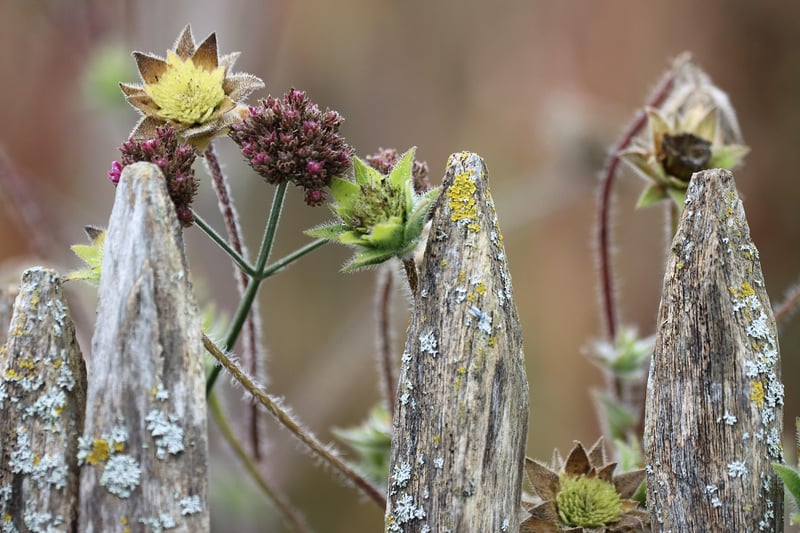Pest Control
Keeping Your Garden Healthy: Pest Control Tips
Welcome to your guide to keeping your garden healthy and free from pesky pests. A thriving garden is a joy to behold, but it requires care and attention to ensure it stays pest-free. Here are some essential tips to help you maintain a healthy garden ecosystem.
1. Choose Resilient Plants
Start by selecting plants that are naturally resistant to common garden pests. Research which plants thrive in your region and are less susceptible to infestations. This will help reduce the chances of attracting pests to your garden.
2. Maintain Good Soil Health
Healthy soil leads to healthy plants. Ensure your soil is well-drained and nutrient-rich to promote strong plant growth. Adding compost and organic matter can improve soil health and help plants withstand pest attacks.
3. Practice Crop Rotation
Rotate your crops each season to prevent the buildup of pests that target specific plants. This technique disrupts the pests' life cycles and reduces the likelihood of infestations. It also helps maintain soil fertility over time.
4. Attract Beneficial Insects
Encourage natural predators like ladybugs, lacewings, and parasitic wasps to establish a presence in your garden. These insects feed on common garden pests, serving as a natural form of pest control. Planting flowers like marigolds and dill can attract beneficial insects.
5. Use Organic Pest Control Methods
Avoid harsh chemical pesticides that can harm beneficial insects and disrupt the garden ecosystem. Opt for organic pest control methods like neem oil, insecticidal soaps, and companion planting to deter pests without harming the environment.
6. Monitor Your Garden Regularly
Inspect your plants regularly for signs of pest damage, such as holes in leaves, webbing, or wilting. Early detection allows you to take action promptly and prevent pest infestations from spreading throughout your garden.
7. Practice Good Garden Hygiene
Remove any dead or diseased plants from your garden promptly to prevent pests from taking hold. Clean up debris, weeds, and fallen leaves that can harbor pests and diseases. A tidy garden is less attractive to pests.
8. Encourage Biodiversity
Plant a diverse range of species in your garden to create a balanced ecosystem. Biodiversity attracts a variety of beneficial insects and reduces the risk of pest outbreaks. Avoid monoculture and embrace a mix of plants to support a healthy garden environment.
Conclusion
By following these pest control tips and maintaining a healthy garden environment, you can enjoy a flourishing garden that is naturally resilient to pests. Remember, a little care and attention go a long way in keeping your garden thriving and beautiful.
Images source: Pixabay

